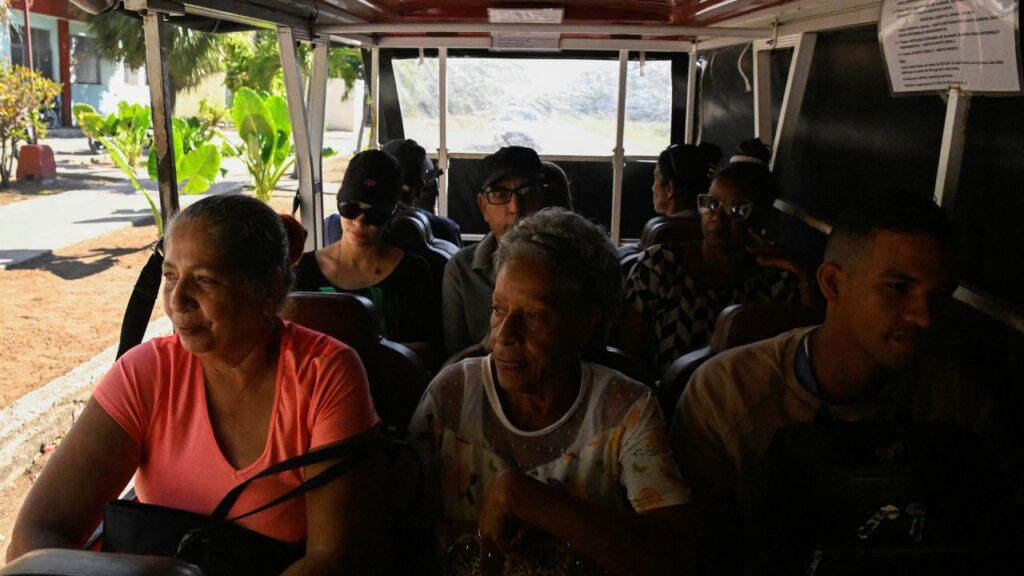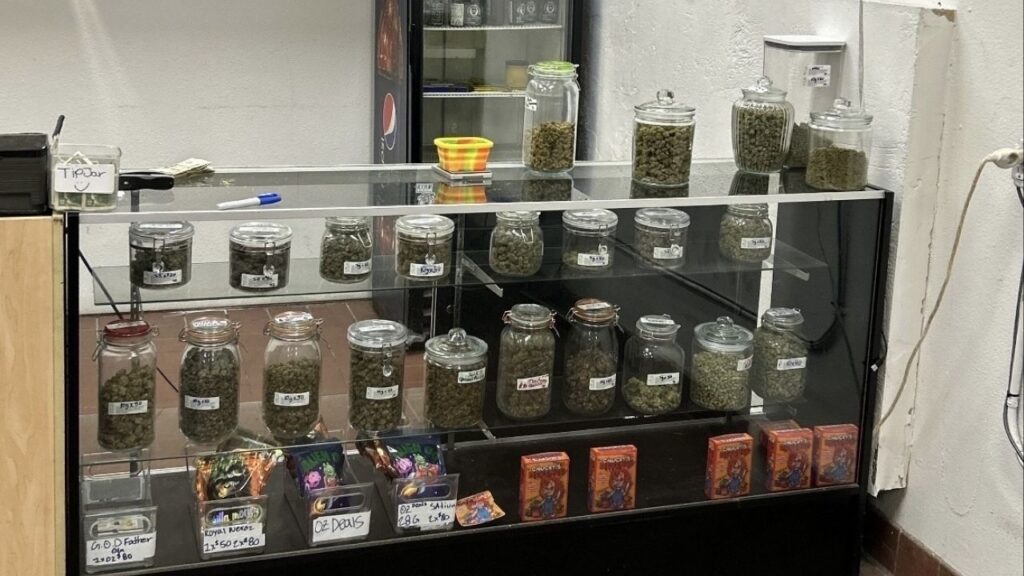Share
|
Getting your Trinity Audio player ready...
|
Even at the threatened loss of future state money, the Fresno City Council on Thursday sided with neighbors who said a hotel conversion near Fresno Street and Bullard Avenue is the wrong place for affordable housing.
After a long public comment period, councilmembers voted 5-2 to deny a rezone and not accept $16.5 million in Project HomeKey money to convert 59 units at the Quality Inn Hotel into permanent studio rooms.
Council vice president Annalisa Perea and councilmember Nelson Esparza voted for the project.
Opposing councilmembers cited cost concerns and the view that affordable housing would bring blight to the area.
They also voiced the opinion with a liquor store and a future cannabis dispensary nearby, the location wouldn’t be good for residents — many of whom may be trying to recover from drug and alcohol addiction.
Advocates for the project, however, accused the detractors of NIMBYism (not-in-my-backyard).
“I don’t think we should ever ignore the people we are going to impact in development,” countered councilmember Garry Bredefeld. “That’s why we have meetings with these folks.”

Property Crimes on the Rise, Says Doctor
Business owners say they’ve faced increased property crimes because of homeless people in the area. Bonna Rogers-Neufeld, a doctor with a practice in the area.
“I have been personally accosted by homeless, we step into human feces, they go into the trash, we call about it,” said Rogers-Neufeld. “They boat on the ponding basin in the summer, they open up the valves, they flood the areas, and this is (where) you’re going to put people trying to improve.”
Katie Wilbur, executive director with RH Community Builders, said every location has its challenges. HomeKey money can also only be used on hotels and motels. RH Community Builders is a co-applicant on the project along with UPHoldings.
“There’s only so many locations that are available with specific funding. There are specific properties we can find. They are going to be in commercial locations where they’re hotels because that’s where hotels are going to be located,” Wilbur said.
They also do tours for potential residents. Those struggling with addiction would know what’s in the area and can choose to go to another location, Wilbur said.
Fresno resident Damead Holmes, who spoke at the meeting, said he is a pastor and lives near the hotel. He said the area needs a project like that.
“I’m from that area, Fresno-Bullard area. It needs that desperately. I’ve benefitted from programs like that,” Holmes said. “If we had those types of programs in place then, I would have been able to do a lot more much quicker.”
Cost to Renovate Markedly Higher Than Other HomeKey Projects
The project would have cost a total of $22.5 million, or $400,000 a unit, considerably higher than previous HomeKey projects.
State funding would have covered $16.5 million of that cost.
The city purchased Parkway Inn in southwest Fresno using $13.4 million in HomeKey funds. Acquisition and rehab cost $9.9 million.
The 56-unit Ambassador Inn and 51-unit Villa Motel received $12.7 million and $10.8 million, respectively. Buying and rehabbing the Ambassador cost $9.3 million. Villa cost $7.8 million.
City Manager Georgeanne White said land costs in north Fresno drive purchasing costs much higher.
Councilmember Miguel Arias cited high costs in opposing the project.
“This is significantly on the high-end from my experience,” Arias said.
Denying Project May Cost Future HomeKey Endeavors
Denying the project after being approved for state funding would have negative consequences for future projects, city officials said.
Not only would the $16.5 million be lost, but the next application for HomeKey funding would be docked 50 points, according to Phil Skei, assistant director of planning and development.
While Fresno’s other HomeKey projects have their funding secured, Skei said it could “put us in a difficult spot in funding for the senior center” at Blackstone and Holland avenues.
City Manager White said the state imposes housing goals on cities. Not adding affordable units, she said, could also jeopardize much-desired transportation funding.
Bredefeld, however, said it was the council’s job to protect the wishes of people being affected by government’s decisions.
“I’m troubled that government in a sense almost forces us to move beyond the concerns of neighbors,” Bredefeld said. “We, the elected body, are the safeguard against government that isn’t sensitive to the people on a variety of issues.”
RELATED TOPICS:
Categories

Hey Ilia, America Is Still Proud of You.

















